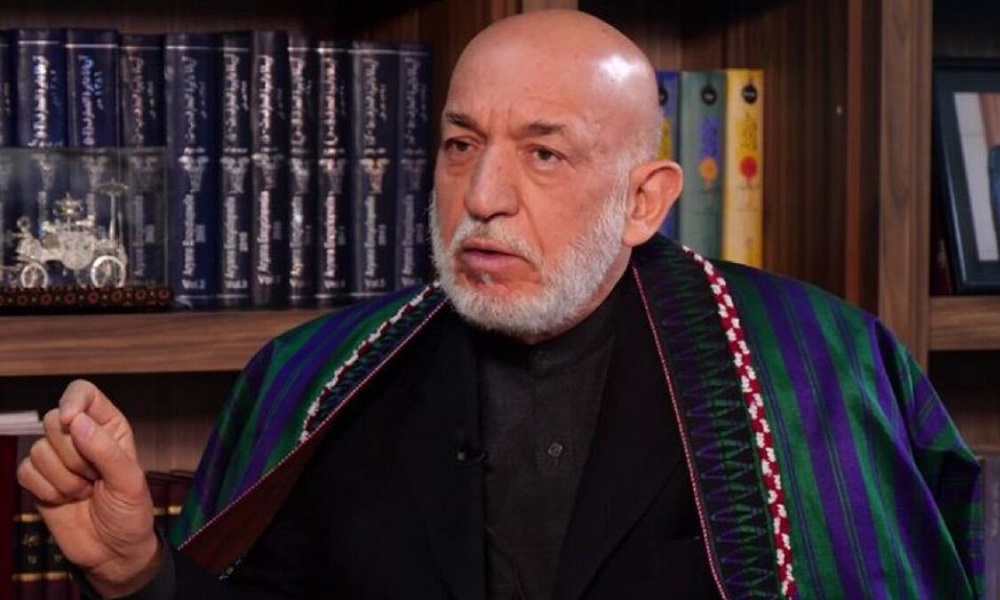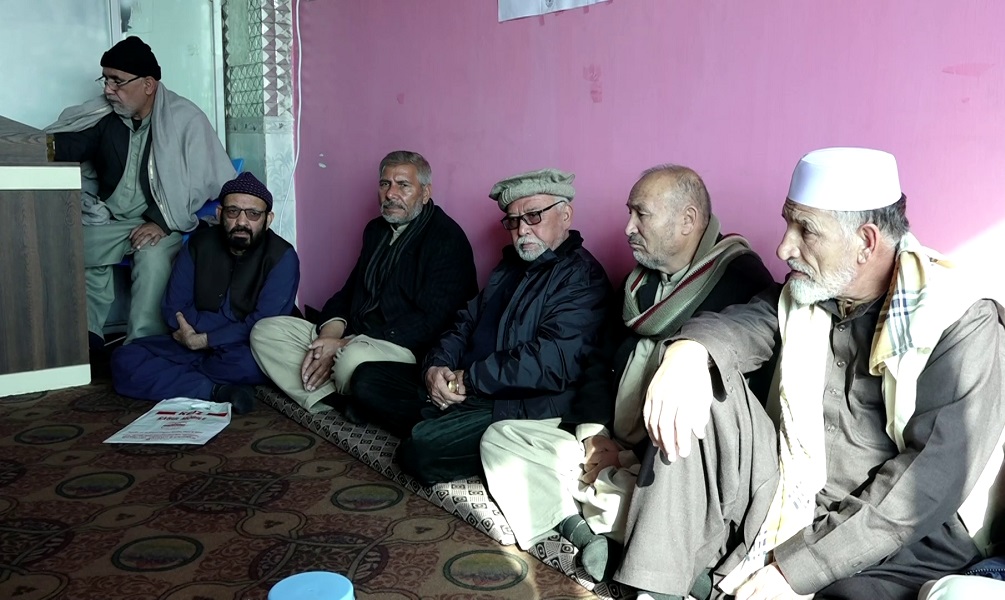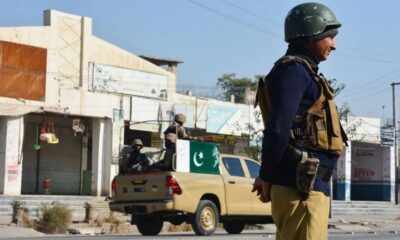Latest News
Afghanistan poppy cultivation grows 19 percent despite ban: UN
Many farmers in Afghanistan, one of the poorest countries in the world, were hit hard financially by the ban and have not been able to reap the same profits from alternative crops

Opium cultivation rose by 19 percent in Afghanistan this year, the UN reported Wednesday, despite a ban by the Islamic Emirate that almost eradicated the crop.
According to a new report by the United Nations Office on Drugs and Crime (UNODC), there are currently 12,800 hectares of poppies being cultivated in Afghanistan.
The 19 percent increase year-on-year remains far below the 232,000 hectares cultivated when the IEA’s supreme leader Hibatullah Akhundzada banned the crop in April 2022.
UNODC also stated that the center of poppy cultivation has shifted and is now concentrated in northeastern provinces instead of in the south.
The agency stated that following the poppy ban, prices soared for the resin from which opium and heroin are made.
During the first half of 2024, prices stabilized around $730 per kilogram, according to UNODC, compared to about $100 per kg before 2022.
For years Afghanistan was the world's biggest supplier of opium and heroin.
Many farmers in Afghanistan, one of the poorest countries in the world, were hit hard financially by the ban and have not been able to reap the same profits from alternative crops.
Even legal crops are only a short-term solution, according to the International Crisis Group (ICG), "so the focus should be on job creation in non-farm industries".
The UNODC and the UN Assistance Mission in Afghanistan (UNAMA) called for international support for farmers to transition to alternative crops and livelihoods, something the IEA government has requested.
Latest News
G7 envoys urge national dialogue for lasting stability in Afghanistan

Special Representatives of the Group of Seven (G7), including the European Union, have emphasized the importance of a national dialogue for achieving long-term stability in Afghanistan.
Following a meeting on Afghanistan in Geneva, Switzerland, G7 special envoys issued a joint statement calling for the restoration of women's rights and urging the Islamic Emirate to fight terrorism.
The statement reads: "Achieving sustainable peace and stability requires credible governance that represents all segments of Afghan society."
The representatives also expressed concern over the IEA’s decision to ban girls from attending medical institutes, warning that it will have devastating consequences for the citizens, particularly mothers and their infants.
The statement described this ban as unacceptable and called on the Afghan authorities to lift it immediately.
Earlier, countries and international organizations had called for the removal of restrictions on the education and employment of women and girls, emphasizing the need for a national dialogue.
In response to these concerns, IEA has repeatedly stated that it will not allow interference in the internal affairs of the country.
The G7 special envoys also expressed their concern about the recent terrorist attacks in Kabul and the surrounding region, warning that terrorism remains a serious threat to Afghanistan's security. They confirmed the actions of the IEA against Daesh but stressed the need for more decisive measures.
Latest News
Afghanistan’s bright future lies in educating girls: Karzai

Hamid Karzai, the former president of Afghanistan, says the demand of Afghan girls for the reopening of schools and universities is their fundamental right and adds that Afghanistan cannot have a bright future without ensuring access to education for girls.
In a statement on his X (formerly Twitter) account, Karzai said: "The demand and voice of our country’s girls for education and knowledge is a rightful one and crucial for a prosperous Afghanistan."
He further emphasized, "Empowering the youth—both girls and boys—is the only way to achieve self-reliance, break the cycle of poverty, and drive the development and prosperity of society."
Karzai underscored that education is vital for Afghanistan’s growth and development, expressing hope that the doors of schools and universities for girls will be reopened as soon as possible.
Latest News
IEA to set up special courts to address pensions

Mawlawi Hebatullah Akhundzada, the supreme leader of the Islamic Emirate of Afghanistan (IEA), has issued a decree to establish special courts to address pensions, Bakhtar news agency reported on Saturday.
According to the decree, the courts must confirm and process pensions in accordance with Sharia and law.
Pensioners have repeatedly voiced concern over delay in payment, saying that their financial challenges are growing.
Earlier this year, IEA's supreme leader banned money being deducted from salaries of government employees for pensions.
He also requested information on the tenure of employees and the total amount deducted from salaries for pensions.
-

 Sport5 days ago
Sport5 days agoATN once again seals deal to broadcast upcoming IPL across Afghanistan
-

 Sport5 days ago
Sport5 days agoLanka T10: All three matches abandoned due to rain
-

 Latest News5 days ago
Latest News5 days agoIndia hoping to import coal and marble from Afghanistan
-

 Sport4 days ago
Sport4 days agoZimbabwe’s opening ODI against Afghanistan abandoned
-

 Latest News5 days ago
Latest News5 days agoFuel prices rise in Herat as winter approaches
-

 Latest News5 days ago
Latest News5 days agoJapan announces $27.5 million aid package to Afghanistan
-

 Latest News3 days ago
Latest News3 days agoTwo horror accidents on Kabul-Kandahar highway leave 52 dead
-

 Latest News1 day ago
Latest News1 day agoAfghan men must stand with women to support viable future of country: US envoy
























